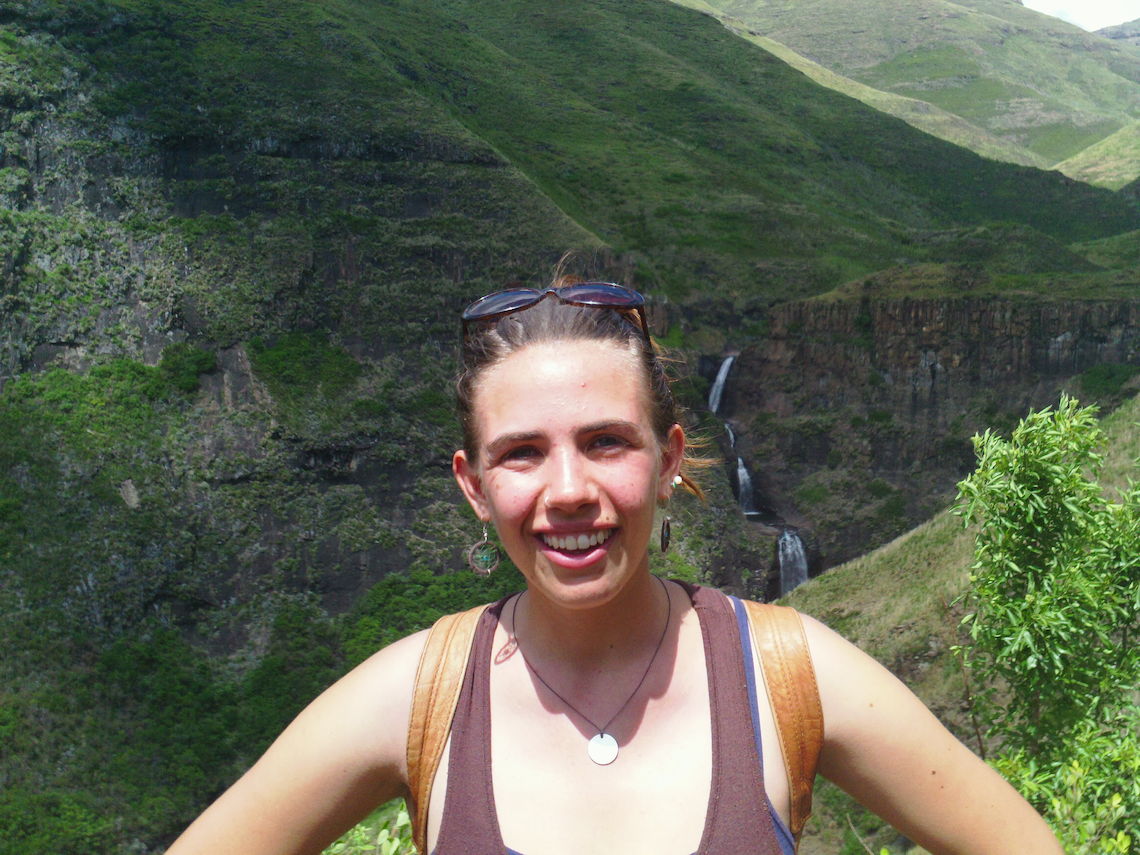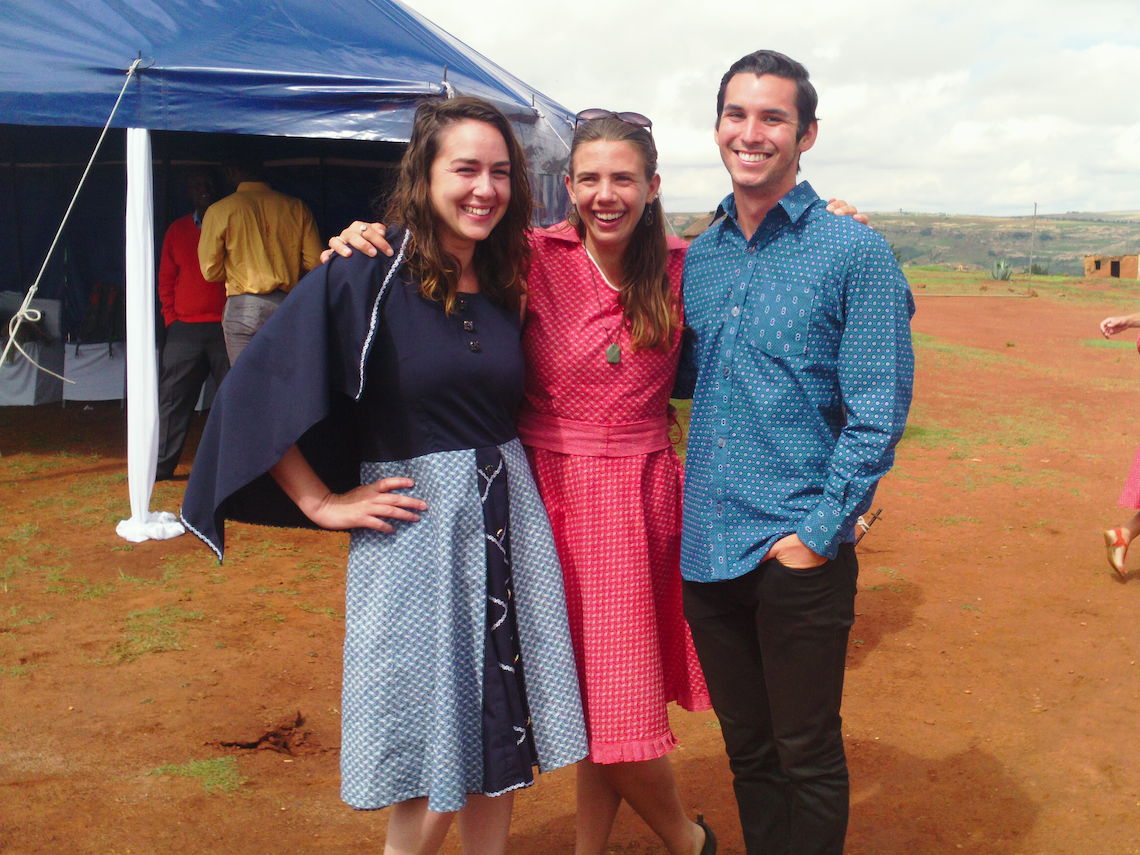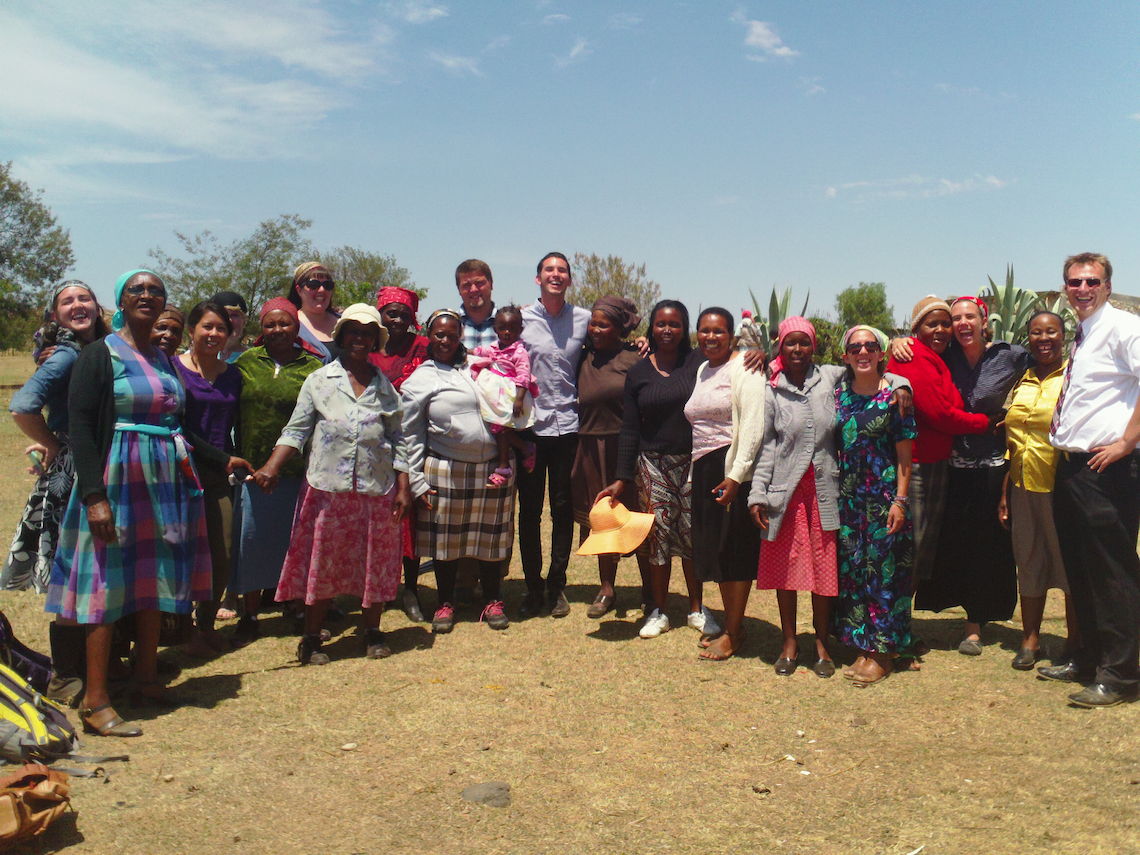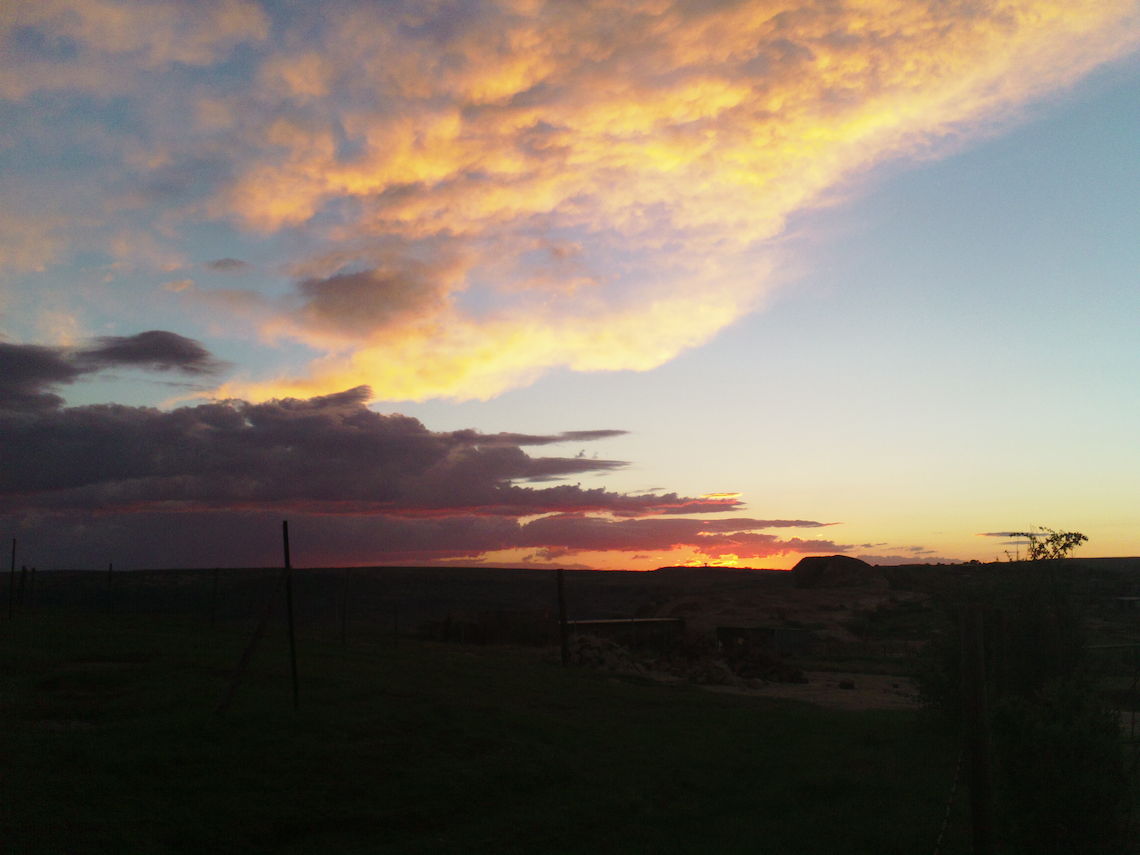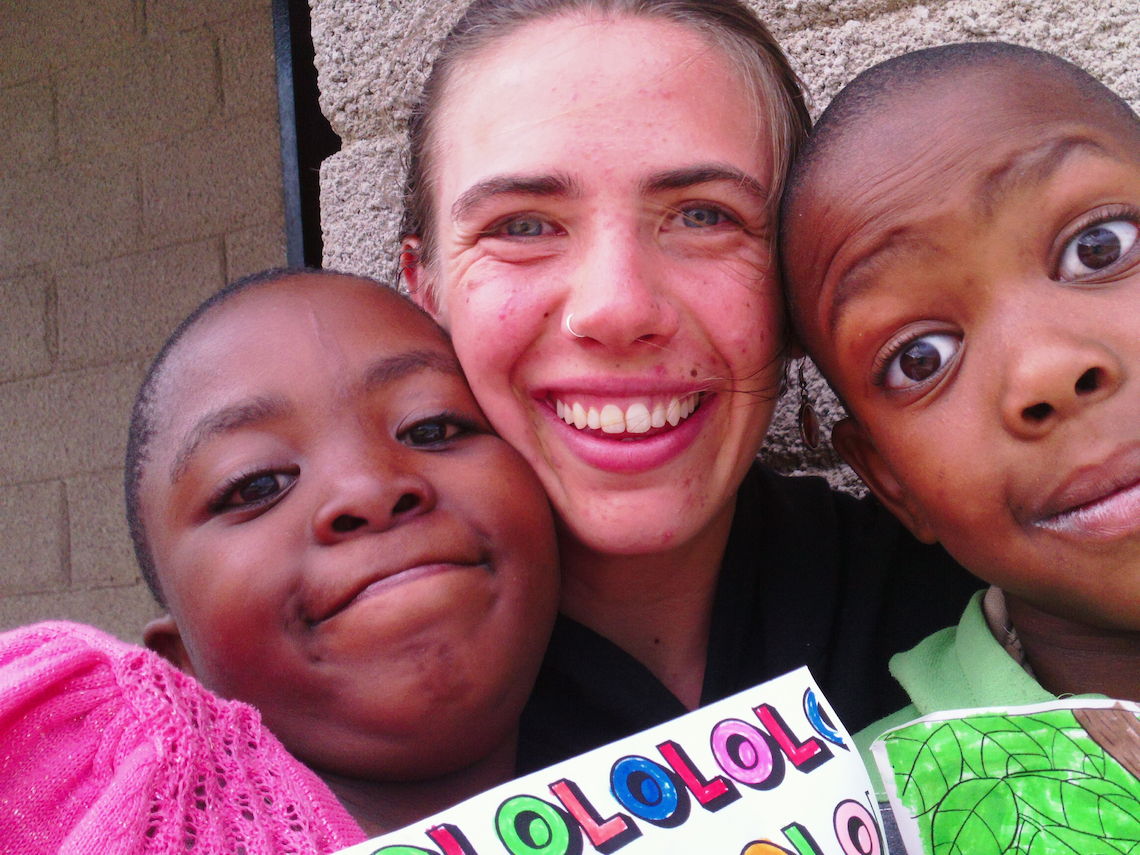Grace Harman ’05 has a
good reason why she won’t be at her tenth reunion on April 11: she’s serving as
a teacher in the Peace Corps in Lesotho, an independent country within South
Africa. She does have a special message for her GSFS classmates: “Hello from
summertime in a small country in Southern Africa! I hope you are all happy
doing whatever you're doing and living wherever you're living. Peace and be
well. Much love.”
What made you want to join the Peace Corps?
In my junior year at Goucher
College, I spent my spring semester studying abroad in Ghana. After that, I
knew I wanted to live abroad for a longer period of time. My adjustment to
Ghana was, initially, very hard emotionally - feeling very lost and unsure
about who I was, not understanding and getting easily frustrated, the double
standards placed on women. At first, all of this felt very personal and very
hurtful. It took me about six full weeks to fully adjust. That being said, I
fell in love with Ghana. I embraced the collectivist culture that at first felt
like nosiness and ended up feeling like support. And by the time I felt like I
was just laying down roots and getting a rhythm then it was time to go. So, I
knew immediately upon returning that I wanted to live in another country,
preferably Ghana, for at least a year if not longer.
Did you know you
were interested in teaching before you joined?
Before going I had
some experience teaching English as a Second Language (ESL) to adults at the
Nationalities Service Center and I also got my Teaching English as a Foreign
Language (TEFL) teaching certification through an online program. Some of this
was to strengthen my Peace Corps application and some of it was because I found
I really loved teaching ESL. It was kind of random-I majored in dance and
psychology in college. I started volunteering with NSC and I found that teaching
English creatively was invigorating.
Did your GSFS education influence your decision to join Peace
Corps?
My GSFS education
encouraged and fostered in me great critical thinking skills and a compassion
for other people. In some ways, there was an outward focus at GSFS - I
certainly was aware of the larger world outside of the U.S. I never had any aspirations
to be a teacher - that sort of just happened.
Where are you in the school year?
It is the beginning of
the school year here. Unlike the U.S., the school year is based on an actual
year, so it is the 2015 school year right now.
Describe life skills classes.
Life skills classes
are a mix of self-esteem and sex-education. All students in Lesotho from
4th grade on are supposed to have weekly life skills classes, but in reality
this doesn't often happen. The students at my school have never had life
skills, so I will be starting from square one with them. In some ways I'm more
excited to teach life skills than English because it’s so important, both for
the students individually and because the rate of HIV and AIDS here is the 2nd
highest in the world.
What is the most noticeable way you have grown as a person from
living in Lesotho so far?
Because of my
experience in Ghana I adjusted to the culture here very easily. There are some
ways I've changed. I don't pet dogs at all anymore because they may have rabies
and could bite me. I've learned a lot of things - how to garden, how to make
bread without an oven. But personal growth is hard to measure this early on.
It's funny, if this were my study abroad experience I would be getting ready to
leave. But in the span of two years, four months is nothing.
Keep up with Grace’s adventures in Lesotho
on
her blog!


